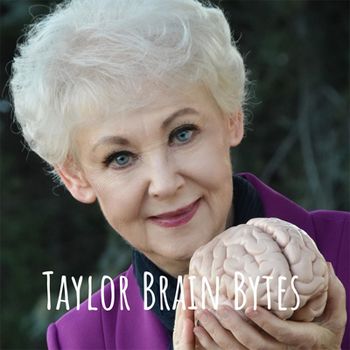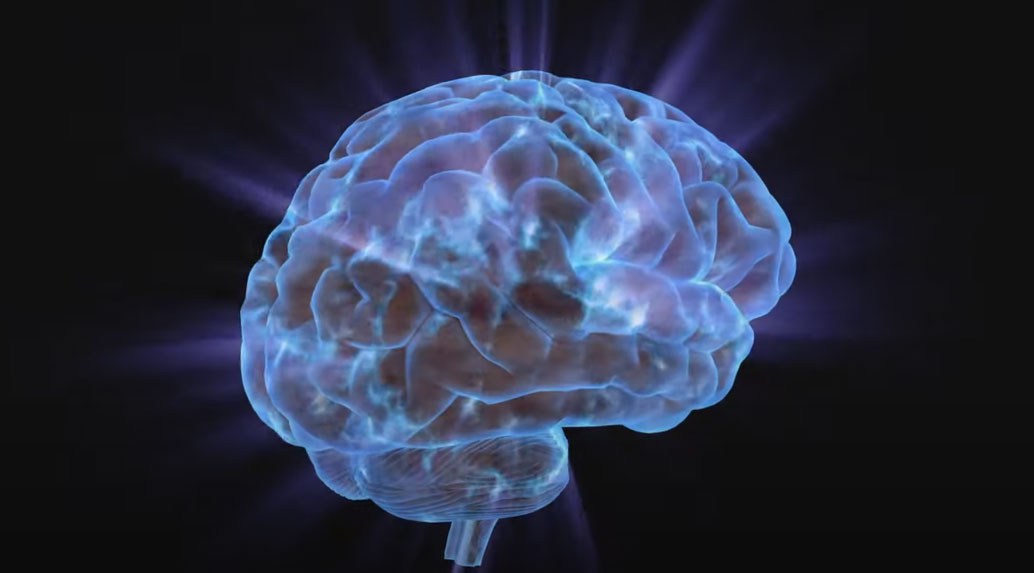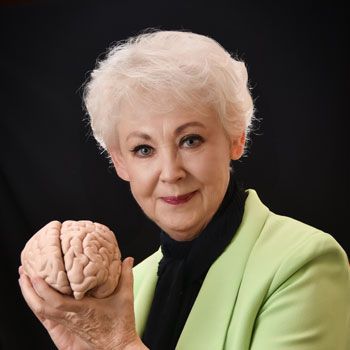Love
Q. Three years ago my partner and I fell in love. Lately I don’t get that "kick in the stomach" when we kiss and that puzzles me. Where did it go?
A. The state of being in love has been compared to a hormonal tsunami—that occurs within the brain. The anticipation of being with a person to whom you are attracted (usually sexually) can trigger the fight/flight response. Physiologically, this is somewhat similar to what you might experience were you being chased by a wild animal! Next, endorphins (the brain’s natural morphine) stimulate the release of dopamine (a “feel good” neurotransmitter). These substances overwhelm the amygdala, part of the brain’s inhibition center that wants to introduce a note of caution to be sure you protect yourself. At this point, according to Jeff Kramer who wrote a wonderful article for the Orange County Register on this topic, You are toast! In simplest terms, you’ve been reduced to a slave of your brain chemistry.
If your amorous leanings are reciprocated, oxytocin is released; a substance implicated in creating attachment, especially between lovers. That’s one reason that decisions about who you have sex with are so critically important.
This hormonal tsunami, often called the honeymoon period, usually lasts for about 18-24 months. Then the chemistry of attraction begins to wear off and the brain wants to look for something new, different, and more exciting. As the brain gradually becomes accustomed to the relationship, the hormonal tsunami is triggered only periodically. Some individuals get caught up in the initial excitement and seek a new relationship as soon as the “kick in the stomach” begins to lessen. Consequently, they may never experience the trade-off—that deep, abiding, contented love that can grow between committed individuals.
Commitment is a choice. So is keeping a relationship interesting. Partners need to devise creative strategies to add variety and excitement to their interactions. Break up the routines and consciously choose to do something in a different way. It keeps the brain interested!
Remember that loving and being in love are not synonymous and do not necessarily occur simultaneously. Unfortunately, in our culture the term love is used as a catch-all for a variety of experiences. You love sourdough bread, the latest TV sitcom, the neighborhood dog, the newest movie, your new car, your partner/spouse, and so on. Unless the language comes up with new and different phraseology to help define this complex and often conflicted area of life, the best you may be able to do is define the type of love you are experiencing (e.g., romantic, sexual, parental, sibling, confidante, best friend, soul mate).
And then (regardless of the presence or absence of the kick in the stomach syndrome) you need to make a conscious decision about who you will continue to love and for what reasons or purposes, and the behaviors you’ll exhibit around that love.




